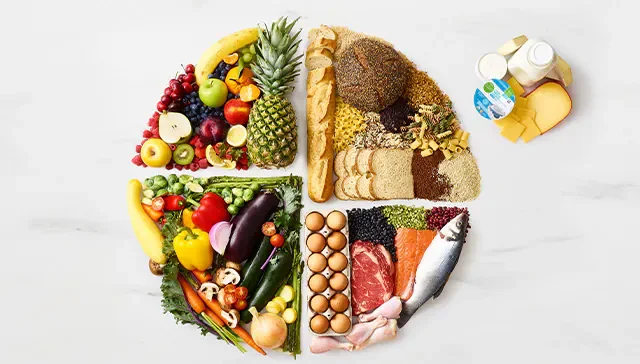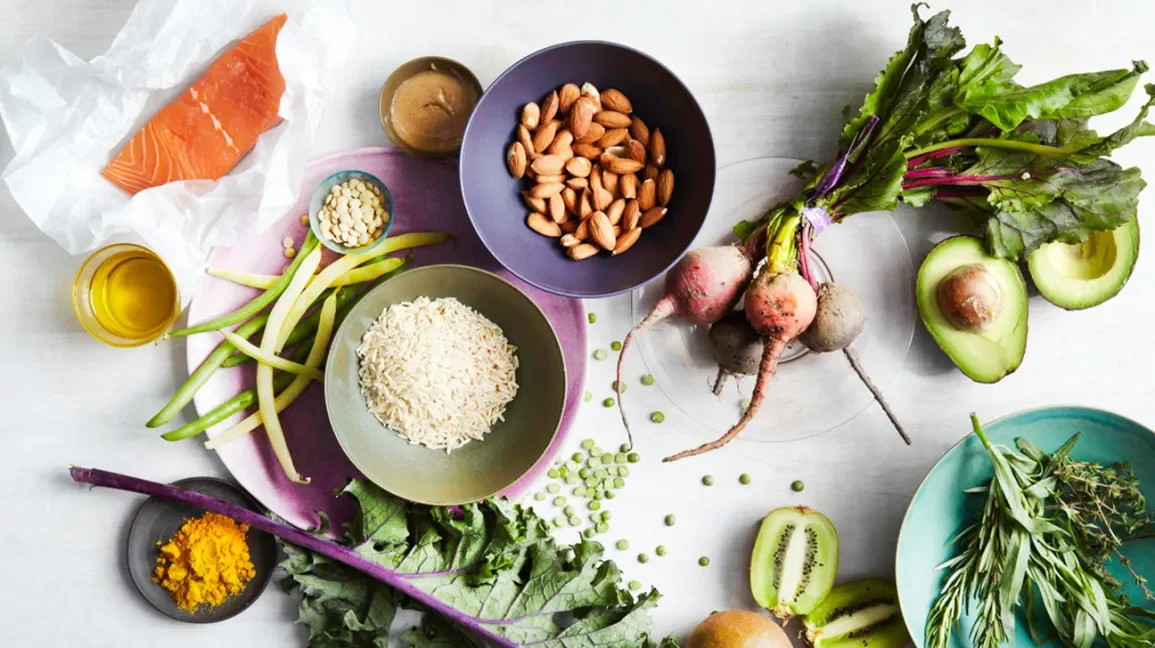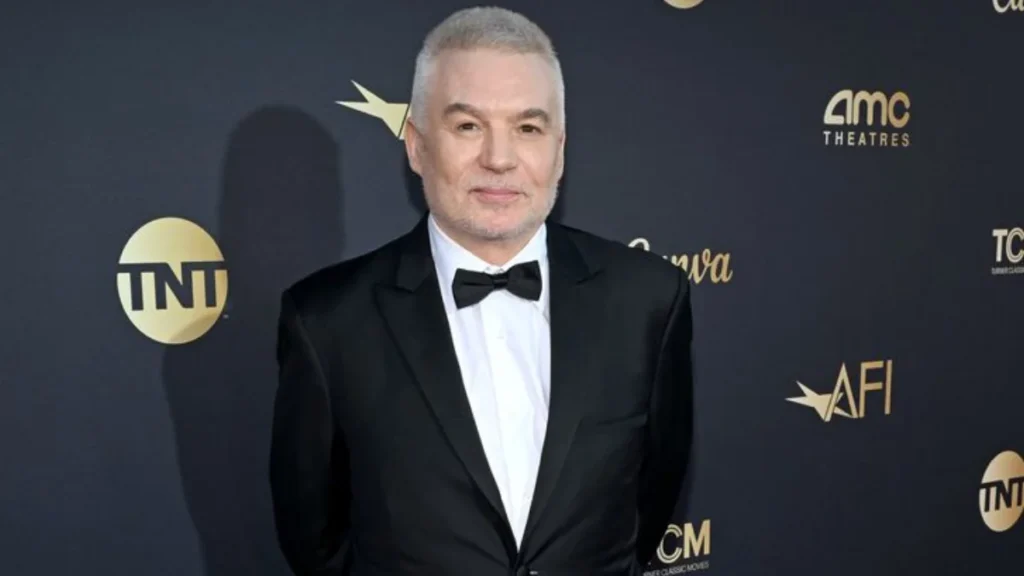Learning how to start a healthy diet can feel overwhelming, especially with the flood of online advice and conflicting food rules. Many people fear they’ll have to give up their favourite meals or follow rigid eating plans.
But starting a healthy diet doesn’t mean going to extremes; it’s about making small, manageable changes that fit your life. It’s normal to feel uncertain at first, especially when comparing yourself to others.
A healthy approach should feel flexible and personal, not like a punishment. By understanding your current eating habits, setting realistic goals, and listening to your body, you can confidently ease into a balanced lifestyle without stress.
Understanding Nutritional Basics Before You Begin

Before starting a diet, it’s crucial to understand what your body truly needs. Macronutrients, including protein, carbohydrates, and fats, provide energy and support essential bodily functions. Micronutrients, including vitamins and minerals, play a crucial role in regulating processes such as immunity and metabolism.
Balancing these nutrients ensures better digestion, stable energy levels, and long-term weight management. Aim for variety in every meal, including fruits, vegetables, lean proteins, and whole grains. This approach builds the foundation of a truly healthy diet.
Colourful, whole foods offer more than just nutrition; they promote satiety and enjoyment. Eating with awareness and intention makes it easier to maintain consistency. That’s the key to building lifelong healthy eating habits.
How to Start a Healthy Diet Without Feeling Restricted

Starting slow is key. Instead of overhauling everything at once, begin by replacing one processed item with a whole food daily. Over time, this builds sustainable habits. For instance, swap soda for infused water or replace white bread with whole-grain bread.
You’ll also benefit from focusing on mindful eating. Pay attention to your hunger cues and practice gratitude for the food you eat.
- Add leafy greens to at least one meal per day
- Choose grilled over fried options
- Cook at home three times a week
- Eat fruits as snacks instead of packaged chips.
- Use herbs and spices to reduce salt intake.
Avoid Diet Perfectionism: How to Start a Healthy Diet with Progress in Mind
One of the most common mistakes people make when trying to start a healthy diet is expecting to be perfect all the time. A missed healthy meal or snack isn’t a failure; it’s part of the journey. What truly matters is the long-term consistency, not short-term perfection.
Crash diets and detox fads may promise fast results, but they can slow your metabolism and create unhealthy cycles. Focus instead on realistic, gradual improvements that support both your physical and mental well-being. Sustainable habits consistently outperform extreme ones.
Balance is the key to lasting success. Enjoy treats occasionally without guilt, and always return to your healthy habits. Progress, not perfection, will carry you further and keep your motivation strong over time.
How to Start a Healthy Diet: Meal Planning Makes Eating Effortless
Many people struggle with starting a healthy diet simply because they lack a clear plan. When you’re hungry and unprepared, unhealthy convenience foods often win. Meal planning solves this problem and reduces decision fatigue.
It doesn’t need to be complicated. A good plan includes meals that you enjoy, are simple to prepare, and use wholesome ingredients.
Benefits of meal planning:
- Saves time and money
- Reduces food waste
- Encourages portion control
- Makes grocery shopping more efficient
- Supports consistent eating habits
Listen to Your Body, Not Just Nutrition Labels
Nutrition labels are helpful, but they don’t tell the whole story. Your body’s hunger, fullness, and satisfaction signals are more accurate guides. Learning to trust those signals builds a healthier, more intuitive relationship with food.
Pay attention to how different meals make you feel energized, sluggish, or satisfied. This awareness helps you choose foods that truly nourish you. When you eat mindfully, you naturally avoid overeating and emotional eating triggers.
Hydration: The Often-Overlooked Key to Eating Healthy
Drinking enough water supports digestion, boosts energy, and even reduces unnecessary snacking. Often, thirst is mistaken for hunger, leading to overeating. Start your day with a glass of water and carry a refillable bottle.
Tips to improve hydration:
- Add slices of lemon or cucumber to your water
- Set reminders every hour to take a few sips
- Eat water-rich foods like cucumbers, melons, and oranges
Budget-Friendly Ways to Eat Healthy Every Day
Eating healthy doesn’t have to drain your wallet. With thoughtful planning, you can nourish your body without overspending. Buying in bulk and selecting seasonal produce are straightforward ways to reduce costs while maintaining a balanced diet.
Cooking in batches and freezing leftovers helps reduce waste and save time. Opting for plant-based proteins, such as lentils and beans, is both budget-friendly and nutritious. Frozen fruits and vegetables are also great alternatives when fresh ones are pricey.
Look out for discounts on whole grains, eggs, and pantry staples. Preparing meals at home more often limits unnecessary spending. With just a few adjustments, healthy eating can easily fit any budget.
Track Your Progress Without Obsession
Tracking progress can help you stay accountable when learning how to start a healthy diet, but it shouldn’t take over your life. Journaling what you eat, how you feel, and your energy levels gives valuable insights without pressure. Focus on positive changes, such as reduced cravings, improved sleep, or enhanced digestion. These wins matter more than strict calorie counts or constant weigh-ins.
MyFitnessPal
MyFitnessPal is a user-friendly app that helps track meals, calories, and macronutrients. It offers a massive food database and barcode scanning, making daily logging fast and accurate.
Chronometer
Cronometer stands out by focusing on micronutrients, such as vitamins and minerals. It’s ideal for users who want more profound insights into their diet and nutritional balance beyond just calories.
Fitbit
Fitbit isn’t just a fitness tracker. It also helps monitor hydration, activity levels, sleep, and calorie burn. When synced with a food-tracking app, it gives a complete picture of your health habits.
Lose It!
Lose It! makes goal setting simple by letting you input your weight, health goals, and meals. Its intuitive design helps track food intake while encouraging steady, realistic progress.
Yazio
Yazio offers personalized meal plans, intermittent fasting tools, and food logging features. It’s ideal for users seeking to enhance both their eating habits and long-term health practices.
How to Start a Healthy Diet That Matches Your Lifestyle
Healthy eating should reflect your unique lifestyle, preferences, and needs. What works for someone else may not work for you. Consider cultural dishes, food sensitivities, and personal routines when planning meals.
Flexibility is key to long-term success. Your diet should feel natural, not forced or overly restrictive. Make room for favourite meals while balancing them with nourishing choices.
Stay open to exploring new foods and adjusting as your life changes. A sustainable diet is one you enjoy and can maintain, not just follow temporarily. Let your choices evolve with you.
Conclusion: How to Start a Healthy Diet and Stick to It
Starting a healthy diet doesn’t mean making drastic changes overnight. It’s about taking small, consistent steps that align with your lifestyle and personal goals. When you focus on progress over perfection, your journey becomes sustainable and rewarding.
Understanding what your body needs and planning your meals in advance can make a significant difference in your overall well-being. With the right balance of whole foods, hydration, and mindful choices, you can build long-term eating habits that truly nourish you. Always choose flexibility over restriction.
Remember, starting a healthy diet isn’t about quick fixes. It’s about creating a relationship with food that supports your health, energy, and happiness every day. Stay patient, stay committed, and trust the process.










